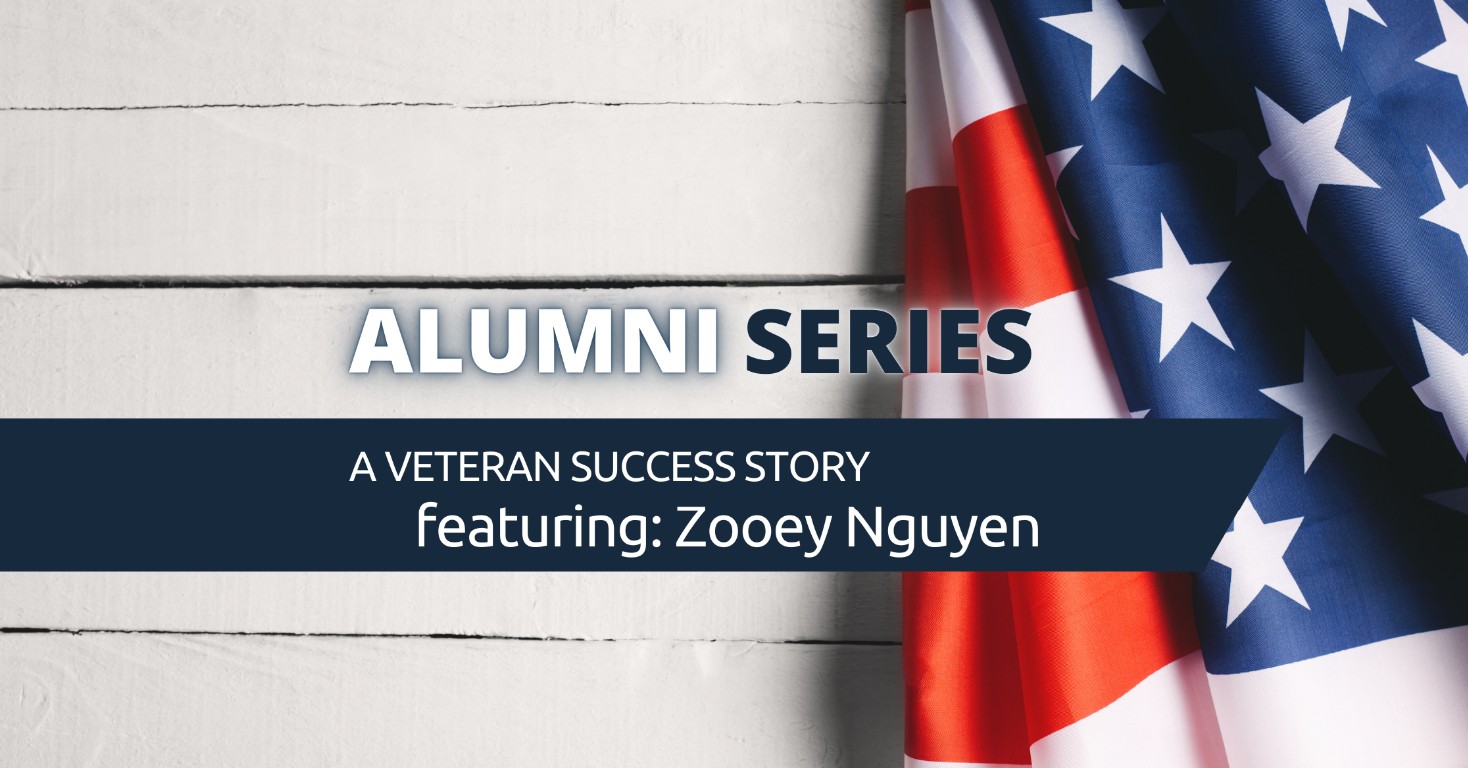
Thinking about ISC² certification for 2025? Here are the essential insights to help you make a smart, fast decision—whether you're aiming for a bigger paycheck, career stability, or a global IT security role. Read on for what sets ISC² apart, what you’ll really invest, and how these certifications can reshape your career trajectory.
Ready to level up? Dive into the full article for a deeper breakdown of investment, career returns, and tactical steps to get ISC² certified in 2025.
What if a simple line on your resume could unlock a 30% salary boost, shield your job from market storms, and command instant respect from employers worldwide? For tens of thousands of professionals, an ISC² certification does exactly that.
Imagine being the IT pro whose qualifications top every short list—whether you’re aiming for a Fortune 500 security architect seat, breaking into cybersecurity, or future-proofing your career against layoffs.
Over 70% of mid-to-senior job postings in 2025 now list ISC² credentials as required or strongly preferred. That’s not hype—it’s a hard-won reputation built on global, vendor-neutral standards recognized everywhere from healthcare to finance and government.
But the real question: Is the investment and effort worth it for you, right now?
Here’s what you’ll gain as you read:
We’re cutting through sales pitches—serving up real stories, practical advice, and proven ROI that matter to tech-savvy professionals, business leaders, and ambitious career switchers alike.
Ready to decode how ISC² can be your tailored passport to recognition, mobility, and next-level roles?
Let’s pull back the curtain on what makes these certifications the gold standard—and exactly how you can leverage them, starting today.
ISC² is the world’s largest nonprofit cybersecurity certification body—think of them as the go-to standard-setter for global IT security credentials.
With more than 500,000 members and associates worldwide, ISC² certifications are recognized across every major industry, from finance and healthcare to government and tech giants.
Picture this: an employer sees “CISSP” or “CC” on your resume and immediately knows you’ve met tough, up-to-date standards.
ISC² offers a range of certifications, each tailored to a different career stage:
This tiered system means you can map out an entire career path—from entry-level analyst to CISO—by stacking certs as you grow.
Unlike vendor-specific badges, ISC² is fully vendor-neutral.
This lets you move smoothly between roles, companies, or even continents—a CISSP works just as well in Singapore as it does in Seattle.
In 2025, ISC² is laser-focused on skills that matter today: risk management, cloud security, AI, privacy, and compliance.
Stats spotlight the demand: over 70% of mid-to-senior job openings demand an ISC² credential.
Imagine you're an IT analyst weighing your next move—should you leap straight to CISSP, or start with the CC?
Most professionals use these questions to steer their path:
Think of these certs as building blocks—pick one that matches your current reality, and level up as your ambitions grow.
In short, ISC² is your passport to a seat at the professional cybersecurity table, regardless of where you start or where you plan to go. The right certification isn’t just a trophy—it’s a roadmap tailored to your goals, budget, and the rapidly changing security landscape of 2025.
Landing an ISC² certification instantly tells employers you’ve got global, vendor-neutral credibility—whether you're eyeing a role in healthcare, finance, or government.
You’ll see ISC² badges (like CISSP and CC) listed as must-haves in:
More than 70% of mid- and senior-level job listings now specify ISC² credentials as either required or strongly preferred.
“Picture this: Your resume rises to the top because you’ve got the same gold standard trusted everywhere from NYC to Singapore.”
ISC² certifications deliver a direct salary boost—and the numbers speak for themselves in 2025.
You’re also more likely to snag:
“Adding ISC² to your email signature isn’t just a flex—it’s a passport to bigger paychecks and leadership doors.”
With cyber threats soaring and new compliance laws popping up everywhere, certification is now job insurance.
You’ll find job postings like “CISSP required for SOC Manager” quoted everywhere, underscoring the certification’s weight in volatile times.
“In a field where layoffs happen, ISC² is your career storm shelter.”
Ask any certified pro: earning an ISC² badge is a turning point.
Even a single cert sets you apart in a sea of resumes—and gives you the confidence to chase (and win) career-defining roles.
Being ISC²-certified in 2025 means more than just a higher salary—it’s a way to stand out, stay employable, and prove your expertise in a high-stakes digital world.
When you’re eyeing an ISC² certification in 2025, the first number you’ll want is the exam fee.
Picture this: You’ve aced the exam, but there’s a yearly cost—think of it as your ongoing ticket to credibility.
How much you invest in preparation depends on your learning style and schedule.
Need to minimize costs?
Quotable scenario: “Passing my CISSP after just three months of night study was possible because I mixed free YouTube explainers with an official bootcamp—total cost? Less than I expected, and the pay bump feels unreal.”
Is it worth it?
Start with your goal: career change, promotion, or salary boost?
Consider this cost-benefit breakdown for a mid-career IT pro:
Mitigating higher costs:
“Your certification is an investment, not a bill—and most pros see their money (and then some) come right back.”
The bottom line: ISC² certification costs are significant upfront, but the career and salary rewards dwarf the investment for most. If you’re strategic with study resources, and consider it a step toward long-term income and stability, the numbers speak for themselves.
Earning an ISC² certification is like unlocking a new level on your cybersecurity career map—each badge matches a distinct set of roles and responsibilities.
Some job descriptions actually list “CISSP required.” For many leadership or architect roles, your years of experience plus a CISSP suddenly open doors to direct boardroom influence or global project leadership.
Picture this: A security analyst spends three years in the trenches, earns their CISSP, and lands a security architect role at a Fortune 500. That’s not rare—it’s a trend.
“CISSP on your resume turns career aspirations into reality.” That’s the word from hiring managers across finance, healthcare, and tech.
ISC² certifications aren’t just badges; they’re prerequisites for top-tier roles worldwide.
Here’s a possible five-year path you might map out:
Nearly 70% of management job listings name a CISSP or other ISC² credential as required or preferred in 2025.
Employers routinely say: “We notice candidates with ISC²—these professionals stand out for both credibility and readiness.”
ISC² certifications are vendor-neutral and globally recognized, which means your credential is relevant whether you’re job-hunting in London, Singapore, or California.
You’ll see strong demand in:
Visualize yourself briefing international teams, using your credential to signal trust wherever you go.
ISC²’s broad acceptance is a ticket to industries and regions where security expertise isn’t optional—it’s mission critical.
Professionals equipped with ISC² certs position themselves for international mobility and cross-industry relevance, often outpacing peers in promotions and salary bumps.
Key takeaway: The fastest path to senior and specialized cybersecurity roles in 2025 almost always passes through ISC² certifications—if career runway and global mobility matter, these credentials are a must-have.
When you become ISC²-certified, you’re not just earning a badge for your resume—you’re joining a global network of cybersecurity professionals dedicated to moving the industry forward.
Picture this: You log into your ISC² member portal and instantly tap into a world of resources—exclusive conferences, vibrant discussion forums, private job boards, and mentorship pairings that put you shoulder-to-shoulder with experts.
Here’s what ISC² membership unlocks:
“It’s not just a certification; you’re plugged into a living, breathing support system.”
Cybersecurity waits for no one—threats and technology shift fast. To stay ahead, ISC² requires you to earn CPEs (Continuing Professional Education credits) every year.
That means you’re not stuck with yesterday’s knowledge. Instead, you’ll:
Did you know? CISSP holders commit to 120 CPE hours every three years—it’s a built-in career accelerator.
“Continuous learning isn’t a chore—it’s your competitive edge.”
Think about how quickly you could grow if you had a room full of experts on speed dial. The ISC² community brings that to life, turning one-off connections into job referrals, collaborative projects, and real opportunities.
Members report:
One member’s story: After a conference workshop, she networked with a CISSP from a Fortune 500 company—and landed her next job three weeks later.
“The power of this community isn’t hype—it’s proven in every referral, promotion, and project shared.”
Whether you need advice, a career boost, or just a peer who gets it, your ISC² membership can be the most strategic connection in your cybersecurity journey. Invest in your network, and you’ll multiply the value of your certification for years to come.
Wondering who really benefits from ISC² certifications in 2025? You’re in the right place—these credentials pack power for anyone eyeing cybersecurity growth.
Picture this:
Before diving in, ask yourself:
A little self-honesty goes a long way—these programs aren’t for fence-sitters or “easy credential” hunters.
How does ISC² stack up? Globally respected and vendor-neutral, ISC² stands out for roles in regulated sectors like finance, healthcare, and government.
Choose ISC² when:
Consider alternatives if:
The right choice balances where you want to work and what roles you want next.
Ready to lift your career curve?
Here’s how to squeeze the most value from every dollar and hour invested:
Visualize yourself a year from now—new badge, new role, more confidence—and let that image drive your study every week.
Smart professionals ask, “Is ISC² right for me?” The answer: If you value global credibility, job security, and ongoing industry connections, it’s a move you won’t regret. Start with clear goals, build your network, and aim for roles that are eager for certified talent—2025 is wide open.
Looking for a quick, actionable snapshot of ISC² certifications in 2025? Here’s what you need to know—costs, salary bumps, and demand—all laid out for busy tech professionals.
Ready to do a side-by-side comparison? Here’s the latest:
| Aspect | CISSP/Advanced Certs | CC/Entry Certs |
|-------------------------|-------------------------------|------------------|
| Exam Fee (USD) | $749 | $199 |
| Training Costs | $100–$8,000 | $100–$1,000 |
| Annual Fee | $125 | ~$50 |
| Salary Bump | 30–50% (CISSP); 13% (CC) | 13% |
| Typical Roles | Manager, CISO, Architect | Analyst, Jr. SOC |
| Job Market Demand | >70% mid/sr. roles prefer | High, entry-level |
| Community/Resources | Extensive | Growing |
Picture this: A mid-career professional nabs the CISSP and sees a $30k–$50k salary jump in a single promotion cycle.
Cybersecurity demand is surging. Over 70% of postings for mid- and senior-level roles now list CISSP or equivalent ISC² certifications as “strongly preferred.”
Regulated industries—think finance, healthcare, and government—are treating vendor-neutral ISC² credentials as almost mandatory for compliance and hiring.
Certification paths are more flexible than ever:
Employers are actively budgeting for team certifications, viewing them as risk management investments.
If you love data, these points are for you:
Quotable snippet: “ISC² certified pros aren’t just job-ready—they’re market proof.”
Whether you’re eyeing your first SOC job or planning to make that leap to Director of Security, ISC² certifications deliver a proven ROI—in salary, job market mobility, and long-term career security.
In 2025, choosing the right ISC² credential is more strategic than ever. Invest smart, upskill rapidly, and step into roles that didn’t exist last year.
Choosing to pursue an ISC² certification is more than adding a logo to your LinkedIn—it’s about stepping into a world where your skills, credibility, and ambition open doors that once seemed out of reach.
As the cybersecurity landscape races forward, ISC² credentials keep you visible, employable, and ready for whatever comes next—from salary leaps to international roles and a network that’s always in your corner.
Key Takeaways:
Next Steps:
Leveling up isn’t just for the most experienced—it’s for those who dare to prepare, connect, and lead. Your ISC² journey is your ticket to greater roles, higher pay, and real-world impact.
This year, set your sights higher—get certified and make cybersecurity your passport to the future.
.png)
We're a worldwide community for online learning and teaching where anybody can acquire new skills and accomplish their objectives by connecting with others. We are dedicated to making a positive difference in the future of education.


